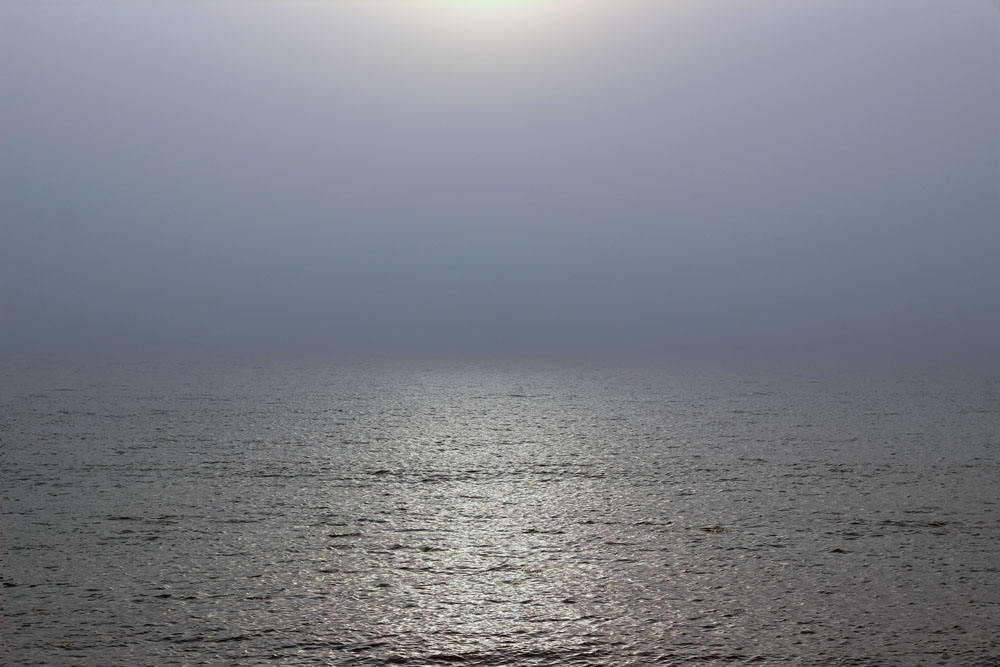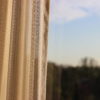On Beauty
When I admit that beauty is one of the things I value most in life, I’m prepared to be met with concerned stares and raised eyebrows. I guess this is because the primary definition of the word relates to appearance, and what better way to express misguided values than to care so much about that? After all, it’s a mark of discernment to look beyond crusts, to scour for meaning veiled by surfaces. But the beauty that I mean to speak of is more expansive. What I value is the quality of daily experience – omnipresent yet often overlooked – that inspires a sense of awe and wonder at the world, and at existence more broadly.
The capacity to be moved by beauty and the quality of jadedness are mutually exclusive: the world has really little or nothing to offer to a jaded person, who’s probably lost the ability to marvel at things, or perhaps always lacked that sense in the first place. Maybe it’s due to my age (22) and my current context (university student) that I’m still some bleary-eyed idealist, but I’m aware that there are people who share my situation yet have fundamentally different orientations toward the world. At the risk of sounding like a naïve (albeit harsh) Pollyanna, I think that the inability to be moved by beauty reflects a flat emotional life, and that this mode of being must make existence rather drab, if not quite miserable.
Beauty isn’t limited to nature and symmetry and the golden ratio though. In his thin book/long essay “This Is Water,” David Foster Wallace writes about the beauty that a person can extract from everyday, banal situations like shopping in a crowded grocery store, or being stuck in hours-long traffic. He underscores the freedom that comes from treating one’s mind like a radio dial – a needle that a person can control to yield different results, different experiences. Being well-adjusted means being able to alter this needle from the default state of self-centredness that makes us interpret other people as non-playable characters in a large RPG.
All of this sounds rather up-in-the-clouds, but the idea of well-adjustedness ties into the ability to draw beauty out of even the most unglamorous of situations. “This Is Water” stresses that we should do the difficult work of considering that there are other realities beyond the one conjured up by our automatic responses. The way we see things may not necessarily be 100% true. If I interpret the world as dull and meaningless, I may not be able to magically change this view, but I can acknowledge that other interpretations of the world exist. From there, I can gradually discipline my way of thinking and create another reality for myself, maybe one that’s more beautiful. “This Is Water” puts it well:
“If you really learn how to pay attention … it will actually be within your power to experience a crowded, hot, slow, consumer-hell type situation as not only meaningful, but sacred, on fire with the same force that made the stars: love, fellowship, the mystical oneness of all things deep down. Not that that mystical stuff is necessarily true. The only thing that’s capital-T True is that you get to decide how you’re gonna try to see it.”
What I like about this quote is that it’s neither preachy nor prescriptive: he’s not saying that there is a mystical unity to reality, but that we can choose to interpret life as sacred – as beautiful. Different people can interpret the same situation in incredibly different ways. Our ability to appreciate beauty correlates with our ability to control our patterns of thinking. The love of beauty is a mentality that encourages the love of life.

 Previous Post
Previous Post Next Post
Next Post